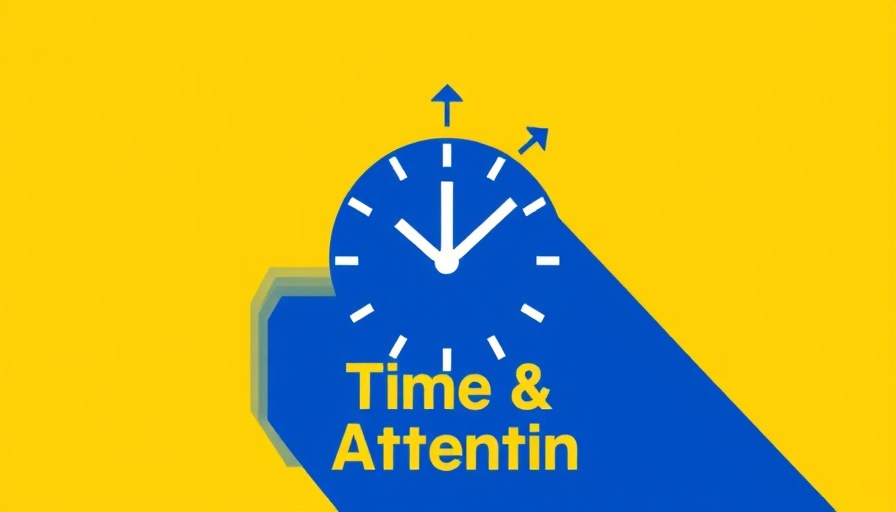
The AI Dilemma: Enhancing Skills or Diminishing Voice?
As technology continues to advance, the question of whether or not to rely on AI for writing has stirred a great deal of debate, particularly among professionals in knowledge-driven fields. Many argue that using AI tools can streamline processes and increase efficiency in writing tasks. However, as emphasized by industry voices, there lies a fundamental risk—one that could diminish the crucial skill of articulating thoughts clearly.
Understanding the Value of Personal Voice in Writing
Your writing voice is integral; it reflects personal experiences, emotions, and distinct perspectives. Using AI to alter your writing can morph your voice into something it is not. The author Chris Bailey rightly points out that writing, much like speaking, allows individuals to express who they are. For executives and entrepreneurs, especially those whose brands hinge on personal connection and trust, developing a unique voice is paramount.
Historical Lessons on Technology and Skill Degradation
Historically, every advancement has met with skepticism—typewriters when they emerged, calculators in classrooms, and now, AI writing assistants. What these tools have in common is their potential to change how we perform tasks. While calculators have positively impacted our efficiency in calculations, their over-reliance has led to a decline in mental math skills. There’s a parallel to draw with AI writing: while it may enhance efficiency, we must tread carefully to maintain our written skills.
AI as a Double-Edged Sword: Productivity Gains vs. Writing Skills
The era of AI has undoubtedly brought about immense productivity gains. For busy executives and entrepreneurs, these technologies can help manage workloads, allowing more time to focus on strategic decisions. However, this efficiency comes with the caveat of potential skill erosion. Recognizing when to employ AI as a tool—rather than a crutch—is essential for preserving writing skills.
Strategies for Balancing AI and Personal Development
- Practice Regularly: Set aside time for writing that is free from technological assistance. This could take the form of journaling, blogging, or crafting creative pieces.
- Seek Feedback: Engaging with peers or mentors can help refine your writing and allow you to discover your unique voice.
- Use AI Selectively: Use AI tools to assist with mundane tasks like grammar checks or formatting rather than generating entire projects.
Embracing AI While Cultivating Critical Skills
As we adapt to the new digital landscape, it's crucial for executives and entrepreneurs to embrace AI’s possibilities while also nurturing the foundational skills that drive effective communication. A judicious balance can lead to smarter habits without sacrificing the integrity of one’s writing.
Technology should work as a complement to our abilities, not a replacement. Thus, there’s a pivotal opportunity for professionals to sharpen their writing skills while utilizing AI as an enhancer rather than a primary contributor. Developing robust writing skills is not only essential for individual success but also serves as an invaluable asset in leadership.
In conclusion, as we navigate through technology's rapid evolution, the call to action is clear: prioritize the development of your writing skills. Explore courses, participate in writing groups, or dedicate time each week to mindfully articulate your thoughts on paper. Remember, at the heart of knowledge work lies the ability to express and communicate effectively.
 Add Row
Add Row  Add
Add 




Write A Comment